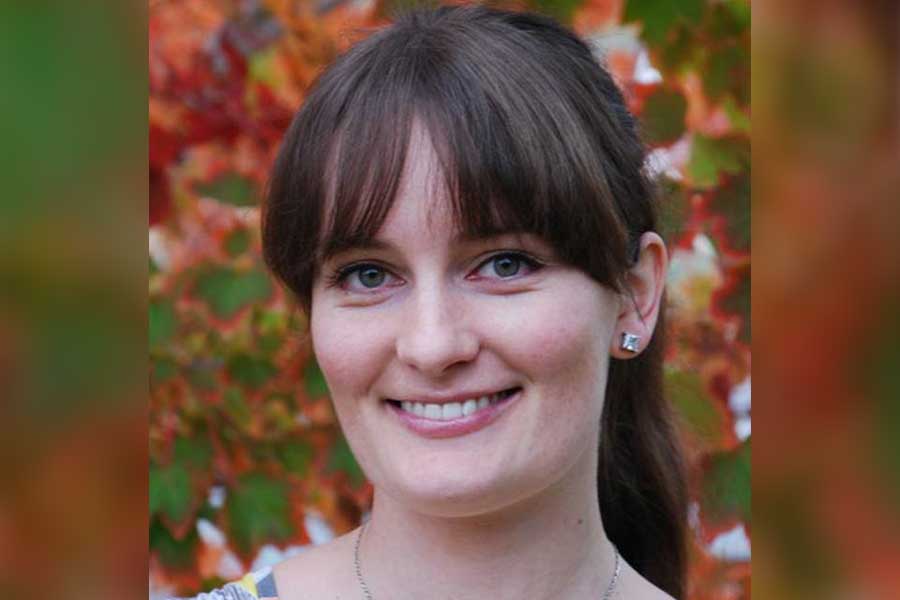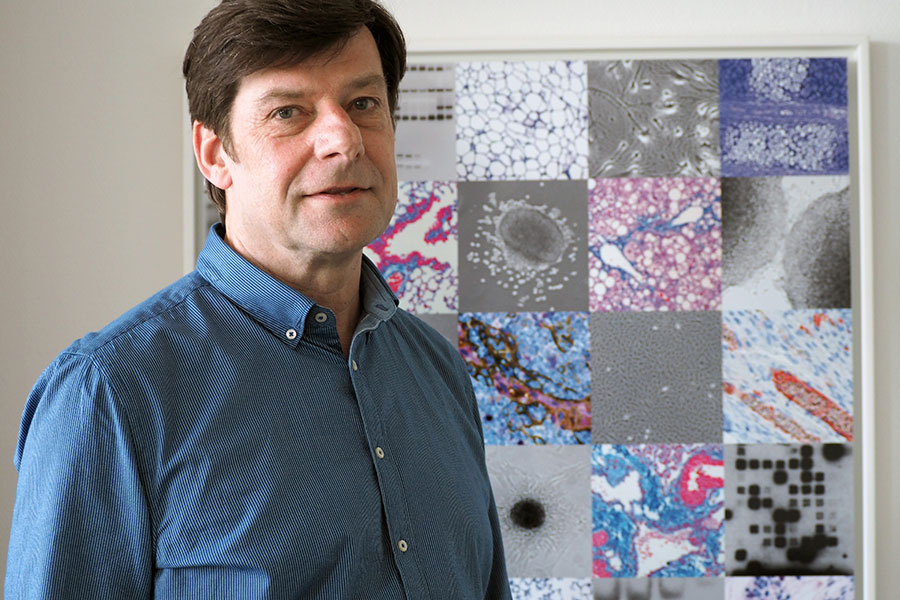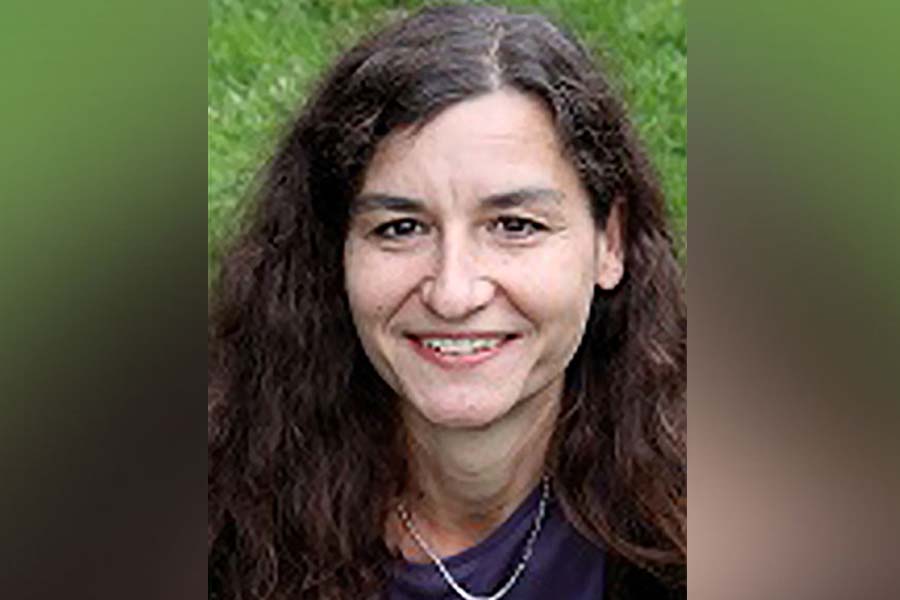Our interdisciplinary network is based on next-generation whole genome and proteome technologies with a strong bioinformatics core competence. Internationally competitive groups from the University of Vienna (Thomas Decker), the Medical University of Vienna (Sylvia Knapp), and the Research Center for Molecular Medicine of the Austrian Academy of Sciences (Christoph Bock) under the guidance of the University of Veterinary Medicine (Richard Moriggl, Mathias Müller, Veronika Sexl, Birgit Strobl) constitute the consortium. The network of experts in precision and comparative medicine allows optimal use of infrastructure and creates synergies.
The consortium members share expertise in mechanisms of signal transduction and gene control. Each member also has additional expertise(s) in basic and/or translational research in the fields of:
- gene regulation and chromatin structures (P02 CB, P03 TD, P08 BS)
- immunity to infection and tumours (P03 TD, P04 SK, P06 MM, P07 VS, P08 BS)
- haematopoiesis and haematopoietic malignancies (P02 CB, P05 RM, P07 VS).
Christoph Bock studied computer science and business information systems at the University of Mannheim DE. After completing his PhD thesis in bioinformatics at the Max Planck Institute for Informatics in Saarbrücken DE, he joined the Broad Institute and the Harvard Department for Stem Cell and Regenerative Biology as a postdoctoral fellow working on human epigenome mapping. He joined CeMM as a principal investigator in 2012 and coordinates the NGS activities of CeMM and MUV. His research focuses on the role of the epigenome in cancer.
Sylvia Knapp studied medicine at the Medical University of Vienna and the Free University in Berlin DE and did her residency in Internal Medicine at the University Hospital of Vienna. She received her PhD from the University of Amsterdam NL and joined CeMM in 2006. In 2012 she was appointed Professor of Infection Biology at the Medical University, Vienna. Her research focuses on the innate immune and inflammatory responses to microbial infections with a strong translation to intensive care medicine.
Heidi Neubauer is an expert in various hematopoietic malignancies caused by oncogenic mutations in STAT5. She graduated at the University of Adelaide (AUS) and did a postdoctoral fellowship at the Ludwig Boltzmann Institute of Cancer Research in Vienna. Since 2019 Heidi is a principal investigator and independent group leader at the Unit for Functional Cancer Genomics (head Richard Moriggl) of the University of Veterinary Medicine Vienna.
Richard Moriggl was involved in pioneering work to define cytokine receptor and JAK-STAT gene functions. His lab focuses on the role of persistently activated STAT3 or STAT5 proteins in leukemogenesis.
Mathias Müller participated in the pioneering studies that led to the identification of the biological roles of Jaks and Stats by genetic complementation of cytokine signalling defective mutant cell lines. His lab took part in the initial characterisation of Jak2-null mice and subsequently generated Tyk2-deficient mice.
Veronika Sexl specialises on the role of Stats, Jaks and connected pathways in mouse leukaemia models. The lab addresses the role of STAT5 in Bcr/Abl- induced leukaemia and the role of MHC-class I antigens and NK/NKT cells in immuno-surveillance of experimental leukaemias induced by the Abelson virus.
Birgit Strobl has a profound education in antiviral host responses and a long-standing expertise on JAK and STAT activities leading to antimicrobial immunity. Her group studies the canonical as well as the non-canonical mechanisms of signaling via TYK2 and STAT1 in innate and adaptive immunity and in tumor surveillance.
Christoph Bock studied computer science and business information systems at the University of Mannheim DE. After completing his PhD thesis in bioinformatics at the Max Planck Institute for Informatics in Saarbrücken DE, he joined the Broad Institute and the Harvard Department for Stem Cell and Regenerative Biology as a postdoctoral fellow working on human epigenome mapping. He joined CeMM as a principal investigator in 2012 and coordinates the NGS activities of CeMM and MUV. His research focuses on the role of the epigenome in cancer. Thomas Decker was involved in the pioneering studies that led to the identification of Jak-Stat signal transduction. His lab focuses on the interplay between inflammatory and/or microbe-responsive signalling pathways and Jak-Stat signal transduction.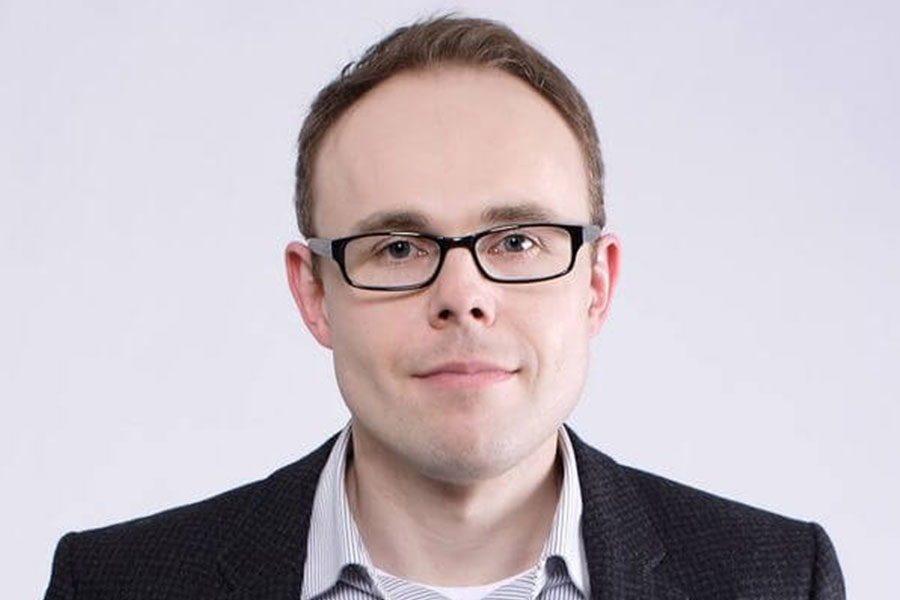
Group Bock

Group Decker
Group Knapp
Sylvia Knapp studied medicine at the University of Vienna and the Free University in Berlin DE and did her residency in Internal Medicine at the University Hospital of Vienna. She received her PhD from the University of Amsterdam NL and joined CeMM in 2006. In 2012 she was appointed Professor of Infection Biology at the Medical University, Vienna. Her research focuses on the innate immune and inflammatory responses to microbial infections with a strong translation to intensive care medicine.
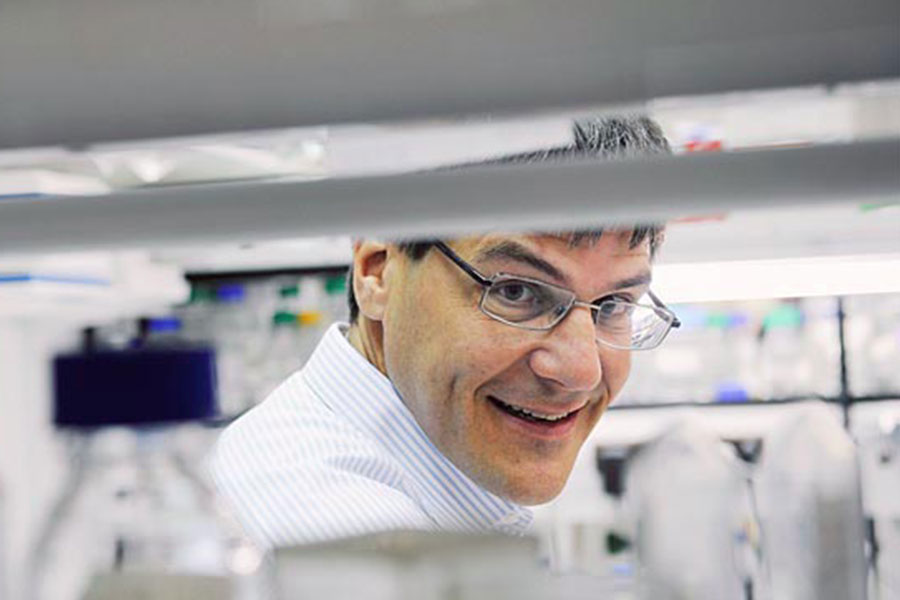
Group Moriggl
Richard Moriggl is a young investigator involved in pioneering work to define cytokine receptor and Jak-Stat gene functions. His lab focuses on the role of persistently activated Stat3 or Stat5 proteins in leukaemogenesis.
Group Müller
Mathias Müller participated in the pioneering studies that led to the identification of the biological roles of Jaks and Stats by genetic complementation of cytokine signalling defective mutant cell lines. His lab took part in the initial characterisation of Jak2-null mice and subsequently generated Tyk2-deficient mice.
Group Sexl
Veronika Sexl specialises on the role of Stats, Jaks and connected pathways in mouse leukaemia models. The lab addresses the role of Stat5 in Bcr/Abl- induced leukaemia and the role of MHC-class I antigens and NK/NKT cells in immuno-surveillance of experimental leukaemias induced by the Abelson virus.
Group Strobl
Birgit Strobl has a profound education in antiviral host responses and a long-standing expertise on Jak and Stat activities leading to antimicrobial immunity. Her group studies the canonical as well as the non-canonical mechanisms of signaling via Tyk2 and Stat1 in innate and adaptive immunity and in tumor surveillance.

